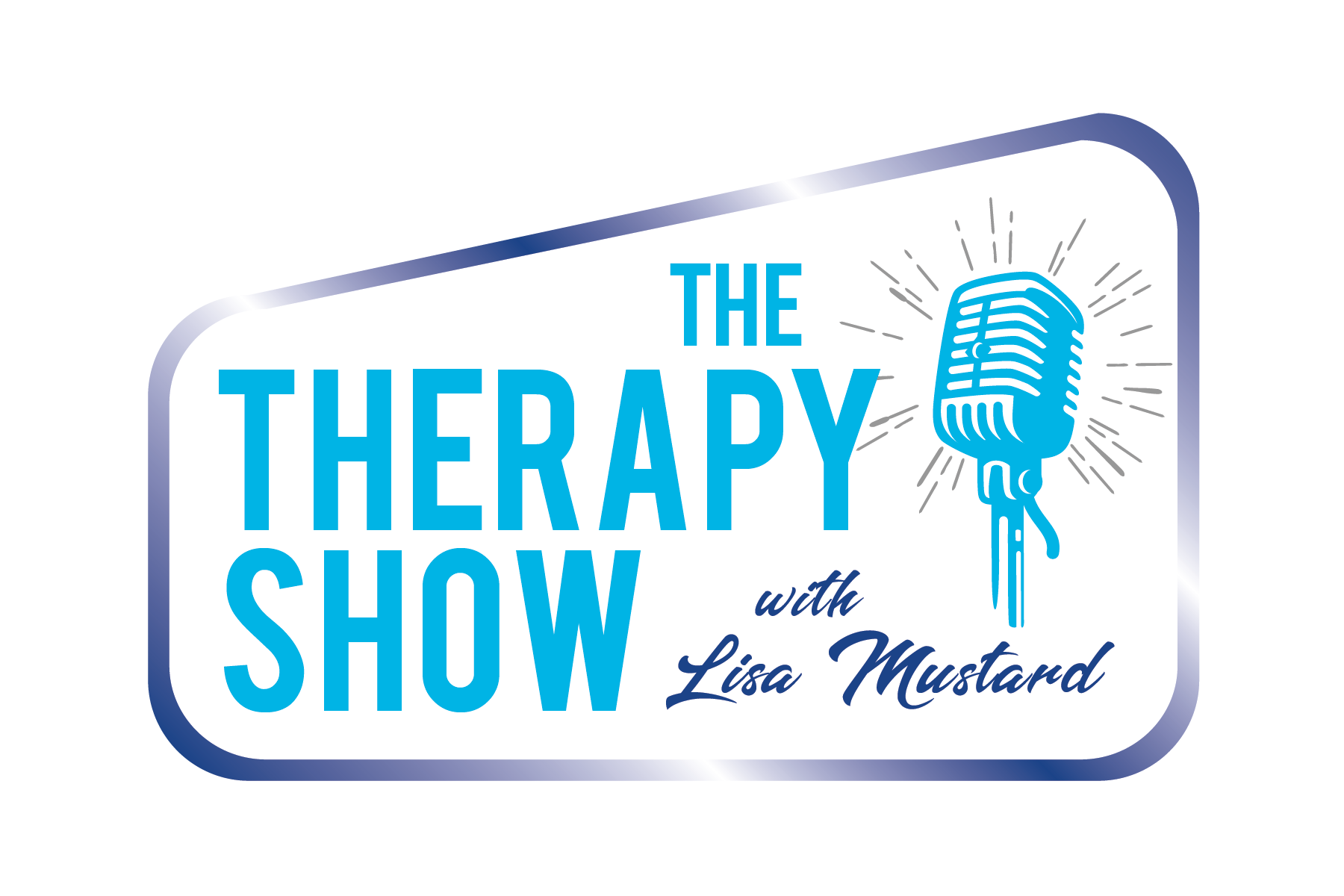8 Essential Tips for Parents Establishing Healthy Screen Time and Smartphone Habits for Kids and Teens
In this episode, I’m sharing tips and ideas to help parents navigate the digital landscape and foster healthy screen time habits for their children. I’ll explore eight essential tips for parents who are using smartphones to establish responsible and balanced screen time habits for their kids and teens.
Set Clear Boundaries:
Establish clear guidelines and boundaries regarding screen time usage. Define specific time limits, designated screen-free zones, and establish rules for device usage during important activities such as meals or bedtime.
Lead by Example:
Be a positive role model by practicing healthy screen time habits yourself. Show your children the importance of balancing digital interactions with offline activities and engage in screen-free quality time together.
Use Parental Control Features:
Leverage the built-in parental control features available on smartphones to monitor and manage your child's screen time. Set up content filters, age-appropriate restrictions, and monitor their app usage to ensure a safe and enriching digital experience. One smartphone option that gives your child the device they want with the features you want is Pinwheel. You can easily add more functions as your child gains responsibility.
Encourage Screen-Free Activities:
Promote a variety of screen-free activities that engage your children's interests and hobbies. Encourage outdoor play, reading, creative projects, and social interactions to foster a well-rounded lifestyle.
Foster Open Communication:
Create an environment where your children feel comfortable discussing their digital experiences with you. Encourage open conversations about online safety, cyberbullying, and responsible digital citizenship.
Collaborate on Media Choices:
Involve your children in selecting age-appropriate apps, games, and media content. Encourage them to make informed choices and teach them to critically evaluate and analyze the information they encounter online.
Establish Tech-Free Bedtime Routine:
Create a tech-free bedtime routine to ensure quality sleep. Set a specific time for device usage to end before bedtime, and encourage activities that promote relaxation and calmness, such as reading or listening to soothing music.
Promote Offline Connections:
Encourage your children to build meaningful relationships offline. Arrange playdates, family outings, and extracurricular activities that promote face-to-face interactions and develop social skills beyond the digital realm.
By implementing these eight essential tips, parents can play an active role in establishing healthy screen time habits for their kids and teens using smartphones. Remember, it's all about finding a balance between digital engagement and offline experiences.
Be sure to listen to episode 155 with Andrea Davis of Better Screen Time.
Learn about Pinwheel (affiliate link).
Learn about Jonathan Haidt’s research: After Babel | Jon Haidt | Substack
Transforming Your Relationship With Anxiety Course - Click HERE to get a FREE course on transforming your relationship with anxiety from Mindfulness.com (affiliate link)
Therapists! Want to pivot your skill set and generate more income? Looking to expand your services or create new ones? Grab my list of 50+ ideas that can help you create an additional stream of revenue here.
Ready to start your podcast? Connect with Chelsea Weaver Podcasting.
Find a therapist:
Psychology Today: https://www.psychologytoday.com/us
Mental Health Resources and Support:
988 Suicide & Crisis Lifeline provides 24/7, free and confidential support via phone or chat for people in distress, resources for you or your loved ones, and best practices for professionals. Includes information on finding your local crisis center. Phone: 988 Website: http://suicidepreventionlifeline.org
SAMHSA’s National Helpline is a free, confidential, 24/7, 365-day-a-year treatment referral and information service (in English and Spanish) for individuals and families facing mental and/or substance use disorders. SAMHSA’s National Helpline | SAMHSA
It’s important to stress that these episodes are not meant to take the place of any work you’re doing with your therapist or doctor. In fact, please run these ideas by your counselor or doctor before you act on them to make sure you are ready for them or even fit for the suggestions. I can’t stress this enough, each person is unique and their situation is unique so please talk to your dr before starting anything new I may be suggesting.
The Therapy Show with Lisa Mustard, and the information provided by Lisa Mustard, is solely intended for informational and entertainment purposes and is not a substitute for advice, diagnosis, or treatment regarding medical or mental health conditions. Although Lisa Mustard is a licensed marriage and family therapist, the views expressed on this site or any related content should not be taken for medical or psychiatric advice. Always consult your physician before making any decisions related to your physical or mental health.
